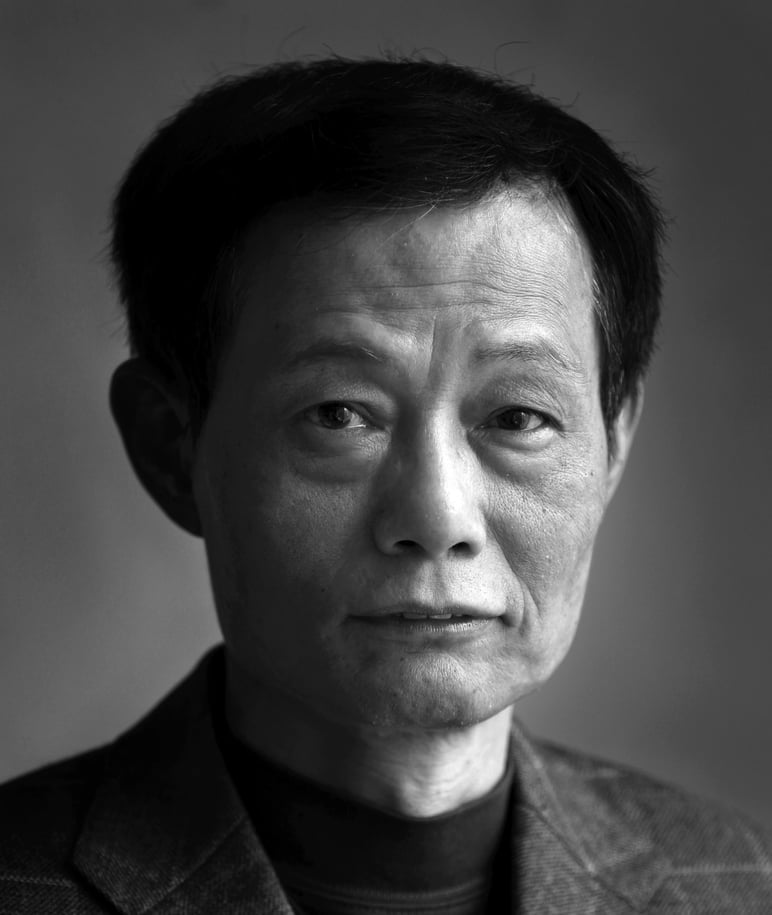
A US move to seek coronavirus pandemic damages from China might well trigger war
- Mounting calls in the US to demand compensation for perceived Chinese missteps over Covid-19 have the support of both political parties and public opinion. If Washington gave in, it would spell the end of 40 years of normalised diplomatic relations
The harshness of the language used and antagonism shown in the war of words between China and the US over the coronavirus outbreak is reminiscent of the Cold War confrontation in the 1950s and 1960s, when Pacific powers were engaged in war in the Korean peninsula and Vietnam. Indeed, the finger-pointing and name-calling has escalated steadily as the pandemic continues to ravage the world.
The accusations come as the voices of a global chorus of “China owes us” are getting louder, with a growing number of governments and organisations seeking to hold Beijing accountable and demand compensation.
Such rhetoric has also dominated the media in both countries. For instance, The Wall Street Journal ran recent commentaries urging a more confrontational stance towards Beijing. In reaction, Beijing mobilised its party-run propaganda machine to air and publish attacks on the US, singling out Pompeo as the particular target for scathing criticism, calling him an “enemy of humankind”, a “political virus” and “rumourmonger” with a “dark mind”.
The salvoes of such a deeply personal nature against America’s top diplomat – unseen since Nixon’s ice-breaking visit to China in 1972 – bring to mind the combative Chinese diplomacy of Mao’s era. It also indicates the Communist leadership’s readiness for a showdown with Washington.
It’s unfair to blame China for coronavirus, says Lancet editor
Two historic events marked the normalisation of relations between the US and China. Washington’s switch of diplomatic recognition from Taipei to Beijing in 1979 marked the normalisation of political relations, while its granting to China of permanent most-favoured-nation status in 2001 – to pave the way for China’s admission into the World Trade Organisation – normalised trade relations.
However, Trump’s trade war with China has put an end to normal trade relations.
On his visit to the US in January 1979 to sign the accord on the establishment of diplomatic relations, the late Chinese leader Deng Xiaoping told his US host president Jimmy Carter that the event symbolised the end of three decades of estrangement between the former foes.
If Trump acts to seek damages from China over the pandemic, it will put an end to such normalised diplomatic relations, as any such move might be tantamount to the declaration of war. Under such circumstances, history will be pushed back in time, probably to before Deng’s US visit or Nixon’s China trip.
Cary Huang is a veteran China affairs columnist, having written on this topic since the early 1990s
Help us understand what you are interested in so that we can improve SCMP and provide a better experience for you. We would like to invite you to take this five-minute survey on how you engage with SCMP and the news.

